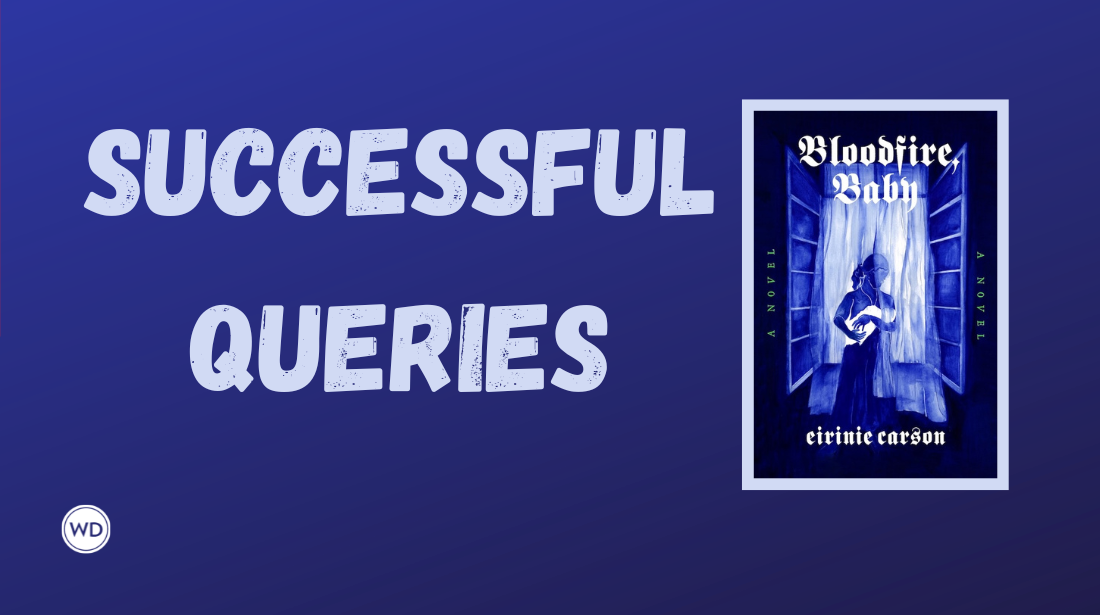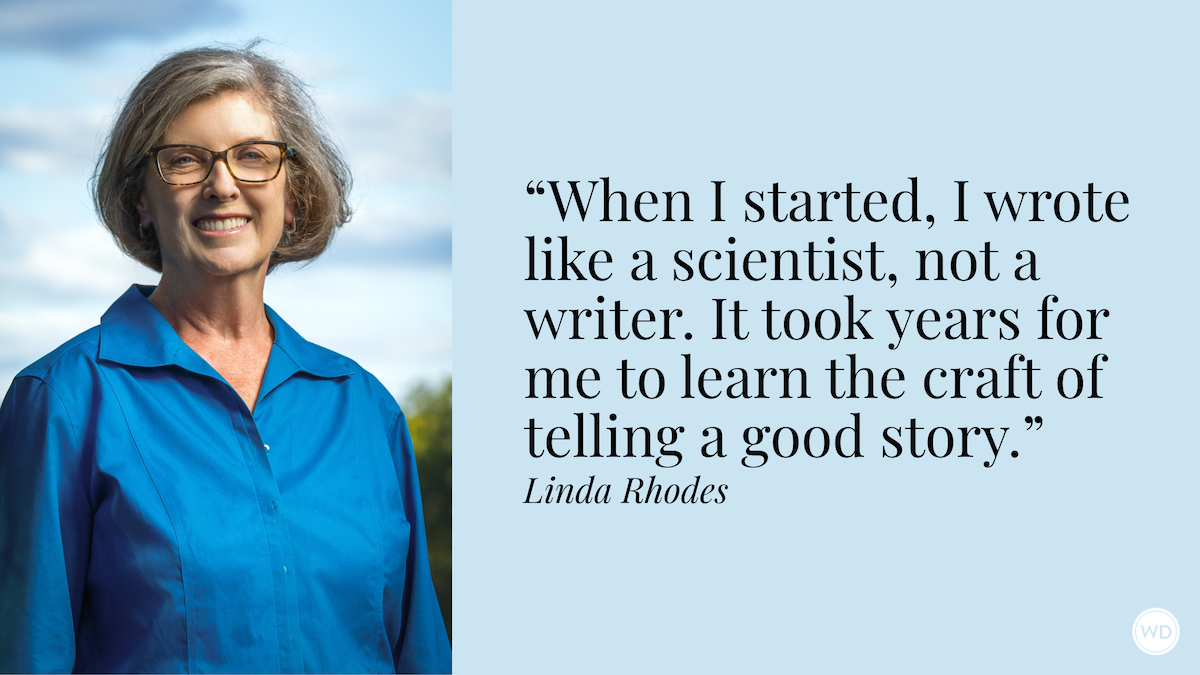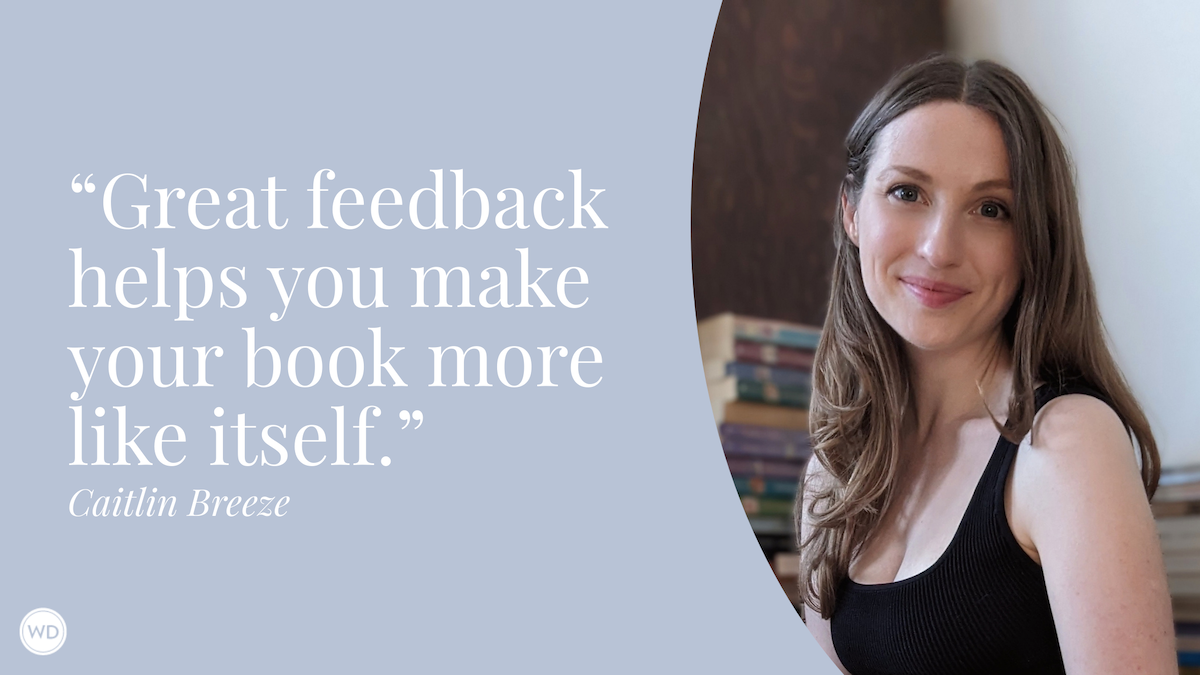How to Handle the Necessity of Negative Reviews
Author Ursula Werner discusses how to handle negative reviews and even shares why they may be a necessity for writers.
“[B]lasphemy and made up conclusions,” said one reviewer on Goodreads. “Not my cup of tea,” wrote a slightly kinder someone. A “novelistic jeremiad” said a third. Ouch, I thought, harsh words for a book that I spent years of my life writing.
Every writer gets negative criticism. Even such well-loved authors as Ann Patchett and Stephen King have one-star reviews on Goodreads and Amazon. (Of course, they also have hundreds of five-star reviews for counterbalance.) I don’t know what Ann Patchett and Stephen King do about their haters, but I struggle with mine.
The problem is, like many writers, I’m a sensitive person. Sensitivity may be a useful quality for creating fictional characters and imagining their internal worlds, but it is decidedly unhelpful when confronting other people’s judgments. And I’m self-critical to a fault, so when I look at my reviews, I discount the praise and exaggerate the censure.
I know I should avoid them. Every writer I know says that the best route to maintaining your sanity is to ignore all reviews, positive or negative. Stay away from Goodreads and Amazon and any other book review-generating site or publication, except when you’re exploring other people’s books. Ignorance, after all, is bliss. If you take negative reviews personally, or if they send you into emotional tailspins, then avoiding them will be an investment in your future writing. Because emotional distress rarely nourishes productive creative energy.
That is simple, self-evident advice. Also impossible, at least for me. I cannot seem to stay away from reading reviews of what I’ve written. I’m too curious, and frankly, too egotistical. If I pour my heart and soul into a story, I want to know what people think of it. I want to hear from them if it’s any good. (More on that question later.)
Intellectually, I know that when a book of mine is published, I lose control over it. Control goes to the minds and hearts of the reading public, and I can’t orchestrate anything about my book’s relationship with its readers. But I still want my books to be loved by everyone who reads them. Who wouldn’t want that for their children? Therefore, on occasion (but never late at night), I check my reviews.
If you, like me, choose to enter this snake pit, here are a few tips that might help you keep perspective:
You assumed the risk.
As I said above, you’re better off not reading your reviews. So if you do, remember that diving into them was your choice, made with full knowledge that you were taking the risk of possible emotional devastation.
You could minimize that risk, as Virginia Woolf used to do, by having your spouse or a close friend go through all your reviews and filter out the negative. (You might have to offer them something in return, like a batch of your homemade spaghetti sauce or taking over carpool duties for your kids’ next weekend soccer tournament in rural Virginia.) But if you do that, some part of you will always know you’re not getting the full picture.
Reviews are for readers, not authors.
Remember that one of the main points of a book review is to help other readers decide if they want to purchase and read your book. A reader who encounters both positive and negative reviews gets a broader understanding of the book’s strengths and weaknesses.
Equally important, reviews create community around books, allowing readers to interact with each other about their reading experiences. By validating or discussing each other’s responses to a book, readers find like-minded people in the community, who may then point them to other reads that they are more likely to enjoy.
Not everyone will have the same opinion.
This point is almost too self-explanatory to include, but people have different tastes in books, as they have different tastes in music, paintings, theater, or any other art. Why would you expect that kind diversity to collapse for a book written by you? I once seethed about a reviewer who called my writing “slow,” because she said it contained too much sensory description, only to find the next reviewer raving about all the details in my book and heralding my writing as “poetic” and “lyrical.”
My women’s book group has met monthly for over 20 years. In all that time, I don’t think we’ve ever unanimously agreed on the merits of any of our book choices.
Negative reviews increase the legitimacy of positive reviews.
There’s something suspicious about a book that has only positive reviews. Because we, as readers, know that every author has fans and critics, when that critical voice is absent, it makes us wonder. Might the author have shut down her negative reviews? Are all these positive reviews being posted by real people? And if the author is somehow manipulating the reviews for her book, can we trust any of the positive reviews?
Seen from this standpoint, negative reviews can enhance your book’s legitimacy.
All reviews are good for discourse.
My most recent novel was a feminist retelling of the story of Jesus’ ministry and the very early Christian church, told from the viewpoint of Mary Magdalene. I knew from the outset that it would be a provocative subject, especially my take on some very revered Christian doctrines, like Jesus’ celibacy or his virgin birth. And while I bristled at some of the negative comments the book received, I was gratified that readers were engaging with some of the questions the book raised.
Isn’t that part of what we want as writers—to have our books generate discussion and interest? If your book generates negative feedback as well as positive, there is going to be more for readers to talk about. By contrast, there’s not much to say about a book that doesn’t engender controversy, other than, “That was a good book.”
Let me close with an observation made by a colleague of mine years ago, which I remember whenever I’m tempted to measure the value of my writing by others’ opinions. I was leaving my legal job at the Department of Justice to pursue a writing career and was saying my goodbyes to everyone. This colleague shook my hand and wished me well in my writing efforts. Then he said, “What’s the worst thing that could happen?”
I immediately thought, without voicing it aloud, “Um, that my work is never published? That people think it’s terrible?”
He smiled at me as I stood waiting. “I think the worst thing that could happen is that you’re not happy with something you wrote.”
Twenty years later, that statement still resonates as one of the most profound pieces of advice I’ve ever received.
Check out Ursula Werner's Magda Revealed here:
(WD uses affiliate links)








